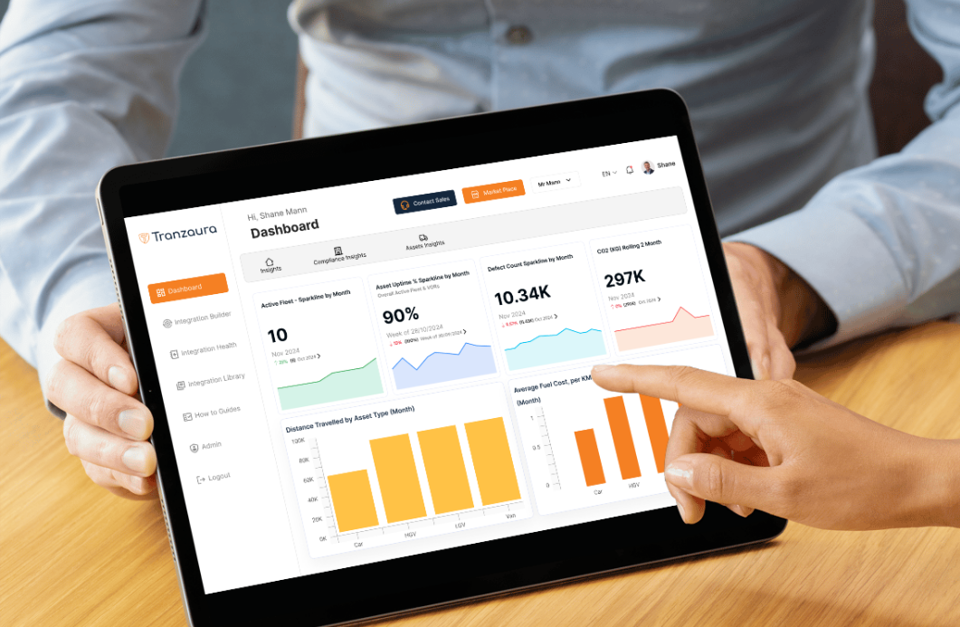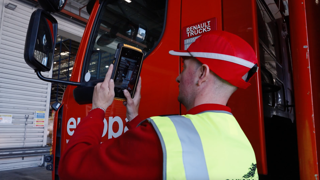A majority of fleet decision-makers continue to rely on manual data entry to track essential performance data, new research suggests.
The survey, by global transport-tech firm Tranzaura, says it revals a major data disconnect in fleet operations across the UK and Ireland.
While an overwhelming 73% of fleet professionals recognise that fleet management software is critical to operational success and see the value in intelligence tools, more than half (57%) of respondents to its survey, admit they still rely on outdated manual data entry methods to track essential performance data.
This contradiction, says Tranzaura, highlights a sector caught between digital ambition and analogue reality.
Only 14%, of the 50 fleet decision-makers surveyed, said they use unified software that integrates data from third-party sources.
Furthermore, more than two-thirds (70%) believe a single, centralised interface connecting all third-party systems would dramatically improve their ability to report, respond and scale.
“The belief in the value of fleet intelligence is there, but action is lagging,” said CEO of Tranzaura Shane Mann. “That gap represents both a risk and a massive opportunity for forward-thinking operators to leap ahead.
“Adopting innovative ways of consolidating data is now more important than ever.
“With the fleet management industry being overhauled by the advent of AI (artificial intelligence) on management systems, operators can no longer rely on traditional means of data entry and oversight.
“Embracing technology such as fleet intelligence can give fleet management businesses the ability to gain deeper insights into their fleets through precise and in-depth data consolidation.”
At the start of this year, Tranzaura launched FleetNow, an AI-powered fleet intelligence platformthat delivers cost and operational fleet intelligence in real-time.
Mann continued: “Currently, a great number of fleet professionals spend hours each month manually pooling data across multiple disparate systems and spreadsheets.
“In many cases, this leads to a lack of real-time visibility and increased operational costs.
“Fleet professionals miss out on valuable insights that can help them optimise their fleet performance and improve decision-making.”























Login to comment
Comments
No comments have been made yet.